About the author
Vesna Manojlovic is Community Builder at RIPE NCC.
Vesna joined the RIPE NCC as a Trainer in 1999. In 2003, she took responsibility for developing and delivering advanced courses, such as RPSL, Routing Registry, DNSSEC and IPv6. In 2008, she lead efforts to establish IPv6 RIPEness as a measure of IPv6 deployment among LIRs. In 2011, she joined the Science Division as Manager of the Measurements Community Building team; in 2015 she moved to Communications Department as Senior Community Builder, with a focus on organising hackathons.
Vesna gives presentations at many technical conferences and workshops, and enjoys visiting hackerspaces.
Vesna received a Batchelor of Sciences Degree in Computer Science and Informatics from the School of Electrical Engineering, University of Belgrade. She has three children.
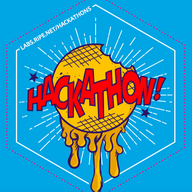

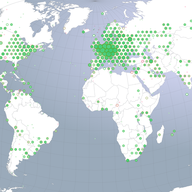
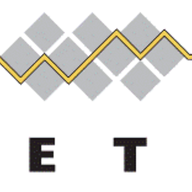


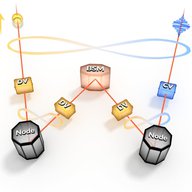

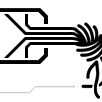



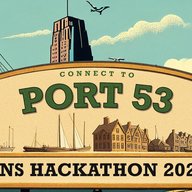



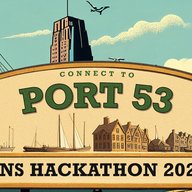

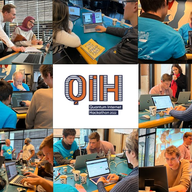

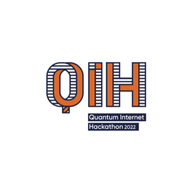



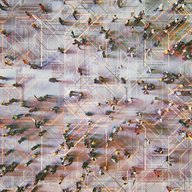



“CAIDA wrote a blog post about the hackathon results: https://blog.caida.org/best_available_data/2016/11/11/the-remote-peering-jedi/”
... and two more mentions: Euro-IX Newsletter http://us7.campaign-archive2.com/?u=99dcdddc67f83b726fa293b31&id=4dcbc6b909&e=c4430325ce & #37 Weekly Internet Infrastructure Updates from Christian Koch: http://us12.campaign-archive1.com/?u=d732e9c6adbea385abc856c8d&id=950ca992ef
CAIDA wrote a blog post about the hackathon results: https://blog.caida.org/best_available_data/2016/11/11/the-remote-peering-jedi/
Geert Jan, thank you for helping us to grow RIPE Atlas in the "not so easy" parts of the world! As for your questions, we considered them, and I would like to separate two aspects: - We are indeed distribute probes (also thanks to ambassadors like you) to all parts of the world. However, probes are still predominantly deployed in the parts of the Internet that is already covered pretty well - maybe that's due to the nature of the ”network effect”. - This specific article was not looking into the numbers of probes that were lost, postponed, or for other reasons *never connected*. All probes in the analysis and the graphs above were connected at some point in their lifetime, and then either continued to live or "died”. We will continue to observe RIPE Atlas probe distribution, deployment and lifetime, and we will publish an update when there are any new developments.
Showing 43 comment(s)